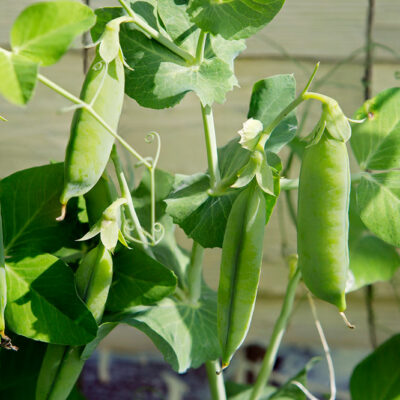
Common Triggers and Avoidance Tips for Asthma Patients
Asthma is a condition of the respiratory tract wherein breathing becomes difficult due to constriction of the airway that results in wheezing. This occurs due to narrowing, inflammation, and swelling of the airways.
Symptoms of asthma
The symptoms of asthma may vary from mild to severe degrees. They include wheezing, shortness of breath, pressure, and coughing. Asthma is triggered by various factors like environment, activity, pollutants, and food.
Common triggers for asthma
The factors that contribute to asthma are:
Environmental Factors
1. Pollen and weeds
Pollen and weeds are some of the common triggers for asthma for some. Pollens, weeds, and mold spores that are present in the air at a certain time of the season, when inhaled, spark off a sensitive reaction that triggers the immune system. As a result, the immune system overreacts and produces histamines. Histamines are components produced by mast cells, which cause the muscle lining, the bronchus, to contract, swell, and produce increased secretions.
2. Pet danders
Usually, pets shed hair from time to time. When one, susceptible to asthma, inhales these tiny hairs present in the air around them, it produces an allergic reaction, which can include itchy and watery eyes, cough, sneezing, and difficulty breathing. It is said that pet danders are usually the hairs from the skin surface, which contains a protein called keratin. This induces an inflammatory response in a person already suffering from asthma.
3. Air pollutants
Air pollutants, especially those gases that come from vehicles and industries like sulfur dioxide, carbon monoxide, and nitrogen dioxide, are common triggers for asthma. Also, one should avoid using cosmetic sprays like deodorants, hairsprays, and body sprays that use liquefied gas in the form of aerosols. This compressed gas is quite injurious to the lung when exposed and irritates the airway to a great degree.
Food factors
1. Processed foods
Foods like pickles, juices, and processed dried fruits have sodium bisulfite added as preservatives. Sulfites may trigger asthma or worsen asthmatic symptoms. Also, salicylates present in some of the foods like coffee, tea, herbs, dried fruits, cherries, and plums trigger asthma attack by creating respiratory alkalosis where the pH of the blood gets alkaline, and it also causes hyperventilation where CO2 is exhaled more than O2 being inhaled and falls below normal levels in the blood, resulting in shortness of breath and pulmonary congestion.
2. Eggs
In certain individuals, the proteins present in eggs are identified as allergens by the immune system, which cause an inflammatory response resulting in asthmatic attacks. These responses include congestion of the airways, shortness of breath, and difficulty breathing. In these individuals, eggs should be avoided for a lifetime if the allergy test is positive.
Other factors
1. Activity
Any strenuous activity is a common trigger for asthma, and exercise is one such activity. However, this differs from person to person. So, one should be prudent to choose exercises so as not to trigger an attack or exacerbate symptoms. Walking and doing exercises by not overexerting oneself is the key to maintain good pulmonary health. In recent times, yoga and meditation have also proved to alleviate the symptoms of asthma.
2. Smoking
Smoke in any form harms the lungs. Smoking injures the mucosal lining of the airways and alters their function of clearing mucus and trapping dust from entering the lungs. Smoking not only triggers an asthma attack but it also makes the attack difficult to control.


